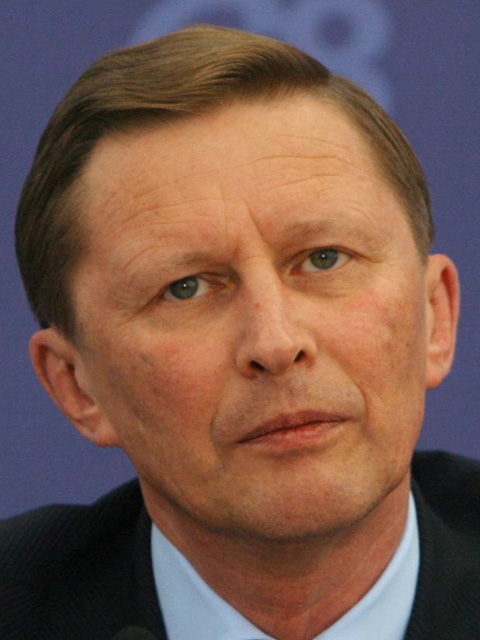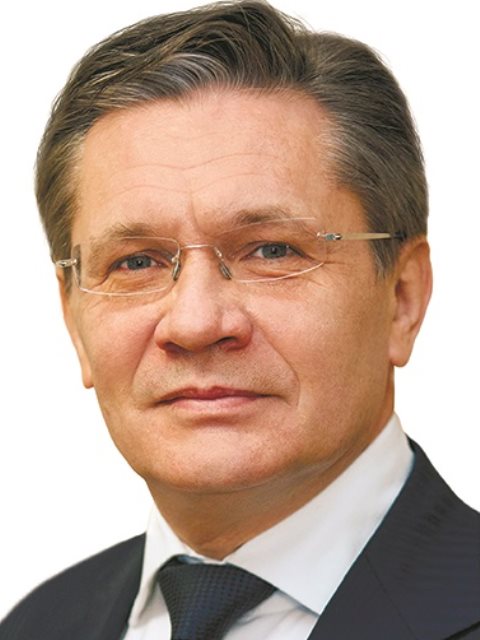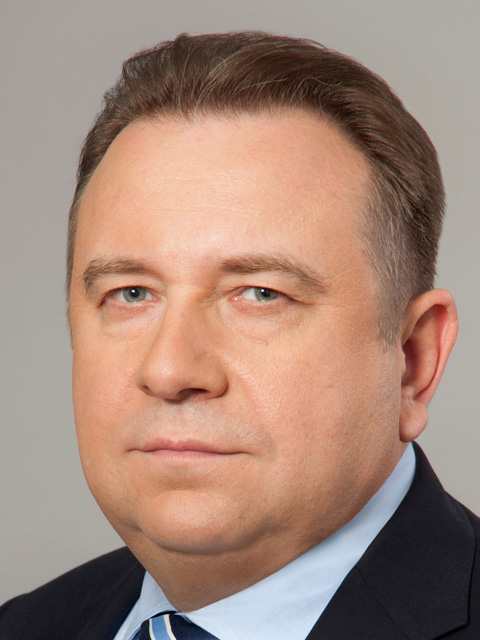The Northern Sea Route: An International Transport Corridor
The Northern Sea Route (NSR) is the most important transport route that links the vast expanses of Russia’s Arctic territories, and it is also a natural transport corridor between Asia and Europe. The development of the NSR could become a comprehensive solution to several economic, demographic, social, and political challenges facing Russia’s northern regions and the country as a whole. At the same time, however, the NSR faces numerous objective obstacles, from severe weather to the lack of essential technologies and experience. The Russian president has set the goal of ensuring the year-round use of the NSR as a transport corridor of global importance. Given the pressure from sanctions and the destruction of existing logistics and cooperative ties, the NSR could offer a new window of opportunity for the development of Russian territories and also strengthen partnerships with friendly countries. Starting from 2022, vessels are scheduled to make at least two subsidized coastal round trips from St. Petersburg (Murmansk) to the ports of the Far East. Establishing preferential tariffs that make it possible to compete with the relevant tariffs for other modes of transport will make the transportation of goods via the NSR economically viable and popular among shippers, which will also help solve problems related to the shipment of goods in the north and create an image of the NSR as a reliable transport artery. Based on the test operation of the coastal line in 2022–2024, Russia plans to switch to a regular line with more frequent trips and increase the number of ports that are involved in the NSR. What impact does the NSR have on the economy of the Russian Arctic? Given the new geopolitical and economic circumstances, is it realistic to achieve the goal of transporting 80 million tonnes of cargo via the NSR by the end of 2024? What is needed to ensure year-round and safe navigation?
Moderator
Andrey Sokolov,
Deputy Director General, Russian News Agency TASS
Panellists
Evgeniy Ambrosov,
Deputy Chairman of the Management Board, NOVATEK
Viktor Evtukhov,
State Secretary – Deputy Minister of Industry and Trade of the Russian Federation
Sergei Ivanov,
Special Representative of the President of the Russian Federation on Environmental Protection, Ecology and Transport
Alexey Likhachev,
Director General, State Atomic Energy Corporation ROSATOM
Alexey Rakhmanov,
Chairman of the Board, Chief Executive Officer, United Shipbuilding Corporation
Alexander Tsybulskiy,
Governor of Arkhangelsk Region
Alexey Chekunkov,
Minister of the Russian Federation for the Development of the Far East and the Arctic
Andrey Chibis,
Governor of Murmansk Region
Alexander Chupriyan,
First Deputy Minister of the Russian Federation for Civil Defence, Emergencies and Elimination of Consequences of Natural Disasters
Front row participants
Sergey Dubovitskiy,
Senior Vice President – Head of Strategy and Strategic Project Management, Logistics and Resources, Norilsk Nickel
Igor Milashevsky,
Chief Executive Officer, GLONASS














